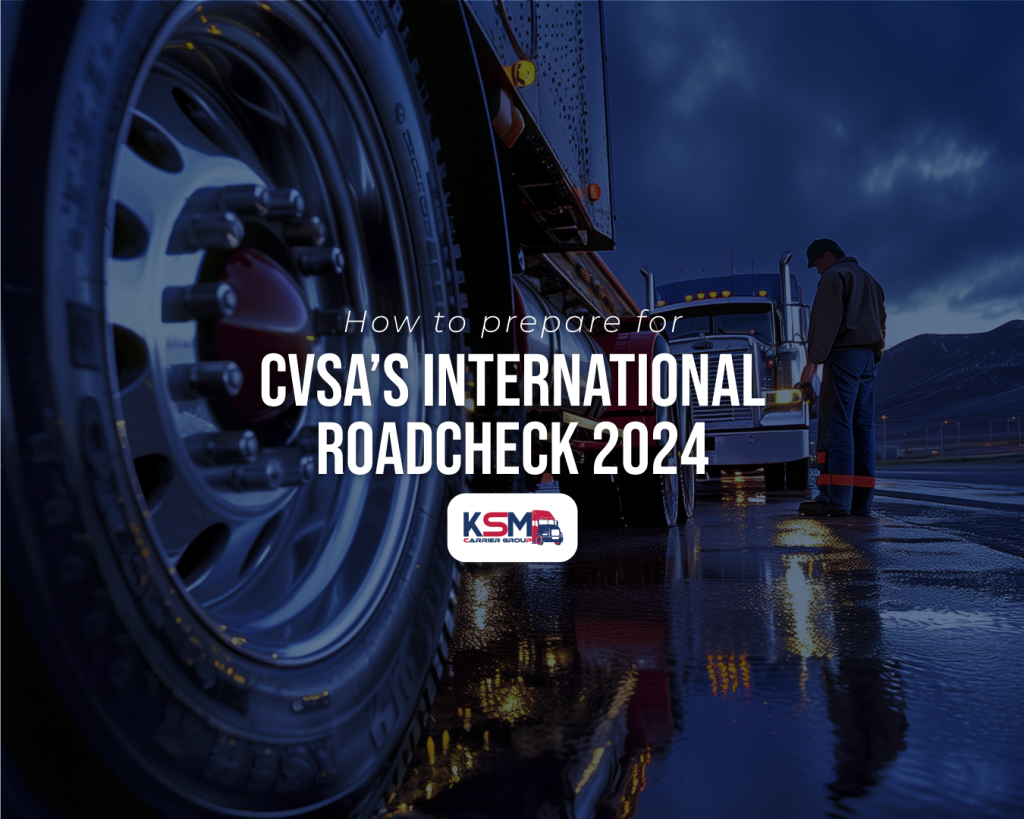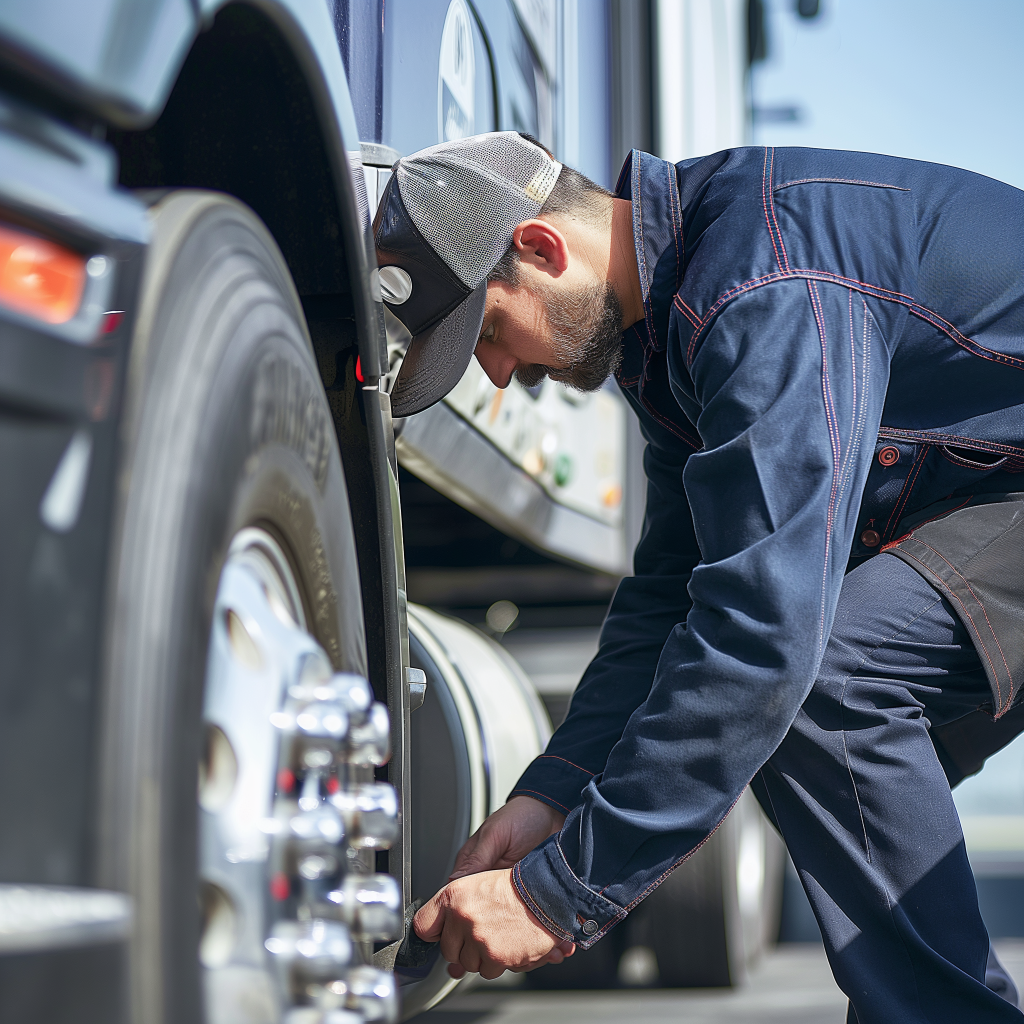Understanding the Scope of the Inspection
First and foremost, understanding what inspectors are looking for is crucial. This year, the focus is sharply on
tractor protection systems, which are vital for maintaining air control when trailer connections are severed. Inspectors will be checking these systems
meticulously, so ensuring they are in optimal condition is essential. Also, the crackdown on
alcohol and controlled substances means that compliance with these regulations is more crucial than ever.
Remember, these focus areas are in addition to the standard checks, which include examining brake systems, cargo securement, lighting devices, steering mechanisms, and tires.
Pre-Inspection Checklist
Preparation begins with a thorough pre-inspection of your vehicle. Start with your tractor protection valve. Ensure it operates correctly and shows no signs of wear or damage. Check that all connections are secure and that the valve releases air as it should. For a comprehensive checklist, the CVSA website provides
a detailed guide that covers all necessary equipment and system checks. Make this checklist your pre-road routine to mitigate any potential issues during the inspection.
Documentation and Record Keeping
Having your documentation in order is just as critical as mechanical readiness. Ensure your
license, vehicle registration, and proof of insurance are current and easily accessible. Also, prepare to present your Electronic Logging Device (ELD) data if requested. This year, inspectors will be
particularly vigilant about hours of service compliance. Keep all records up-to-date and organized to speed up the inspection process and avoid any unnecessary complications.
Substance Prohibition Awareness
With a specific focus on alcohol and controlled substances this year, it’s imperative to adhere strictly to these regulations. Ensure that neither you nor any crew members possess any prohibited substances prior to and during the roadcheck. The repercussions of violations can be severe, impacting your driving record and, subsequently, your career. Refresh your knowledge on what constitutes a violation and the associated penalties by visiting the CVSA’s official guidelines on their website.
Practical Tips for a Smooth Inspection
On the days of the inspection, approach each checkpoint with a positive attitude. Be courteous to inspectors and provide them with any requested information promptly. If you are flagged for a detailed inspection, remain calm and cooperative. Should any issues arise, address them with professionalism. Remember, the primary goal of the Roadcheck is to ensure everyone’s safety on the road. Demonstrating that you share this goal can only reflect positively on you.
Post-Inspection Follow-Up
After the inspection, if any issues were identified, address them immediately. Even minor infractions can lead to bigger problems down the road. Keep a record of any repairs or adjustments made as a result of the inspection. This not only helps in maintaining the safety and efficiency of your vehicle but also prepares you better for any future inspections.
By adhering to these guidelines and preparing thoroughly, you can face the CVSA’s International Roadcheck Inspection with confidence. Remember, the primary resource for all information regarding this inspection is the CVSA’s official website. Refer back to it frequently to stay updated on any last-minute changes or additional tips. Safe travels!



